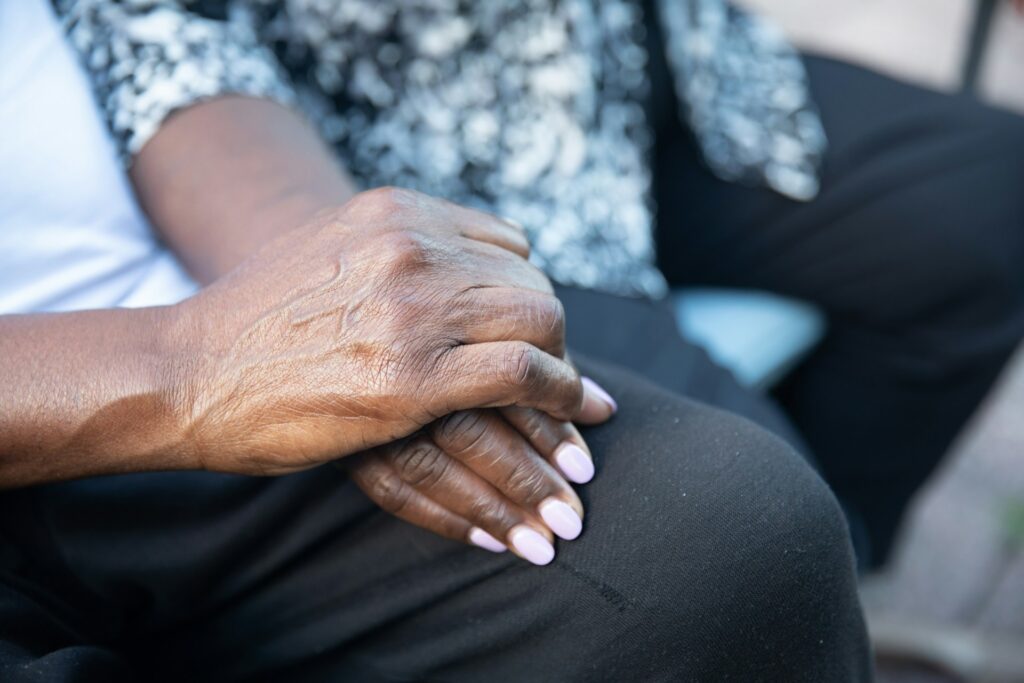In today’s digital age, dating has evolved significantly, ushering in new platforms and methods to meet potential partners. However, alongside these advancements come profound impacts on mental health. Let’s delve into some eye-opening statistics that highlight this complex relationship between dating and mental well-being.
1. Psychological Distress from Swipe-Based Apps
A cross-sectional study conducted in 2020 surveyed 475 adults over 18 years old, revealing that users of swipe-based dating apps reported significantly higher levels of psychological distress, anxiety, and depression compared to non-users. This finding underscores the potential negative effects of digital dating platforms on mental health.
2. Loneliness and Dissatisfaction
According to a 2020 review published in the International Journal of Environmental Research and Public Health, there exists a notable correlation between using dating apps and feelings of loneliness, dissatisfaction with life, and a sense of exclusion from societal norms. This suggests that while dating apps facilitate connections, they can also exacerbate feelings of isolation and discontentment.
3. Social Anxiety and Depression
Another survey in 2021 highlighted that the frequency of dating app usage was linked to higher levels of social anxiety and symptoms of depression among participants. This association underscores the psychological toll that excessive digital dating engagement can have on individuals.
4. Perception of Dating Challenges
Data from Pew Research Center indicates that nearly half of Americans believe dating has become more challenging over the past decade. This sentiment reflects broader societal shifts and possibly contributes to increased stress and anxiety in the dating landscape.
5. Mental Health Prioritization
In a recent Clever survey of over 1,000 Americans, a significant majority prioritized mental health over marriage, physical health, personal growth, and financial stability. This prioritization suggests a growing recognition of the importance of mental well-being in overall life satisfaction and relationship dynamics.
6. Self-Care in Dating
Tinder’s Future of Dating Report 2023 revealed that a striking 80% of young adults aged 18-25 prioritize their own self-care when dating. Furthermore, a similar percentage desires partners who share this commitment to mental well-being, indicating a strong alignment between relationship satisfaction and individual self-care practices.
Conclusion
As the dating landscape continues to evolve, it’s crucial to acknowledge and address the profound impacts on mental health. From heightened psychological distress linked to digital dating platforms to a growing prioritization of mental well-being in relationship dynamics, these statistics underscore the importance of fostering healthy dating habits and supporting individuals in maintaining their mental health.
Understanding these trends can empower individuals to navigate the complexities of modern dating while prioritizing their mental well-being. By fostering open dialogue and promoting healthy relationship behaviors, we can strive towards creating a dating culture that supports both emotional fulfillment and mental resilience.
Using a matchmaker with Tide Together Matchmaking can alleviate anxiety about dating by providing personalized matches based on compatibility, thereby removing the uncertainty and stress of finding a suitable partner. Additionally, matchmakers offer guidance and support throughout the dating process, fostering a more relaxed and enjoyable experience for their clients. Ready to give it a try?


